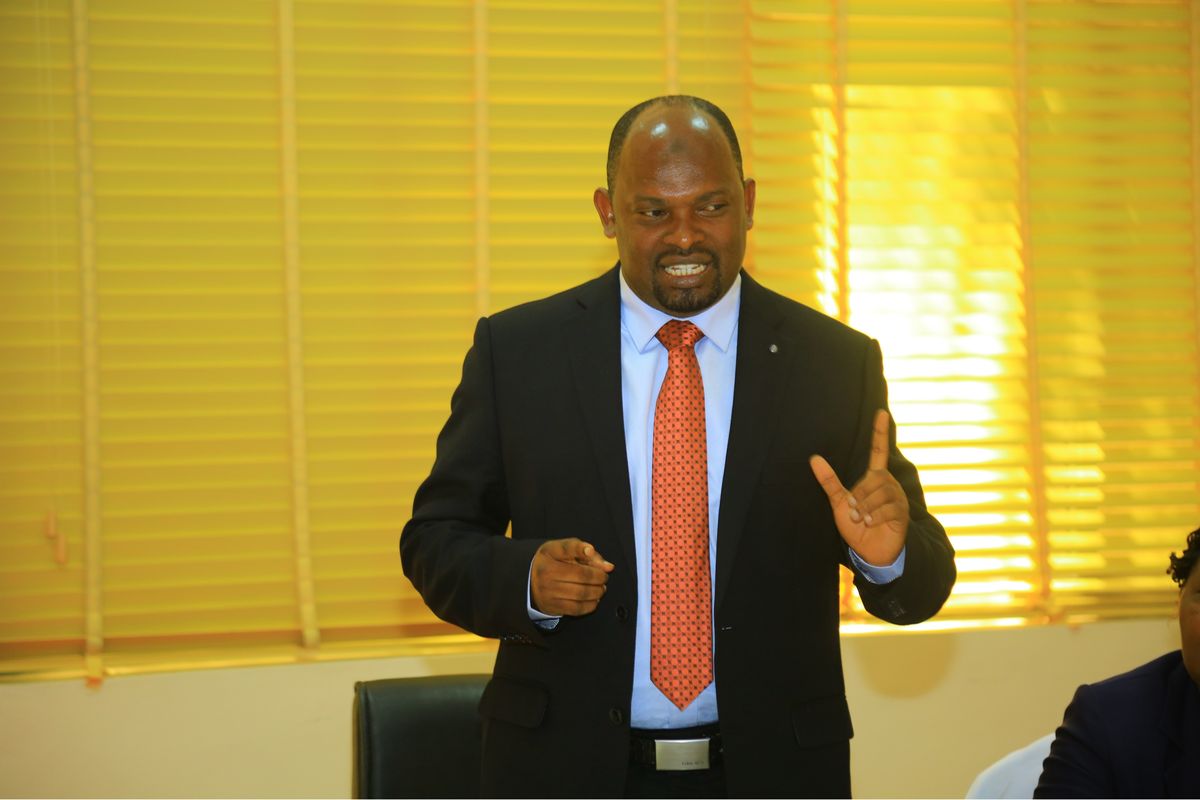Dar es Salaam. The National Electronic Procurement System of Tanzania (NEPST) is set to become operational before the end of next month as the government seeks to fill loopholes for revenue leakages.
The Deputy Minister for Finance and Planning, Mr Hamad Chande, told The Citizen at the weekend that all was set for the system to start.
“It is a must that it (the new procurement e-system) will become operational this year and probably this month or next month,” he said.
The system will replace the current Tanzania National e-Procurement System (TANePs) that seems to have some weaknesses and thus provides loopholes for revenue leakage.
Speaking in Parliament in November last year, Mr Chande said the new system would set a price cap and thus prevent fraud through overpricing of products or services.
“With the new system, the government can also detect in advance loopholes for revenue leakage,” he noted.
Mr Chande urged government institutions to join the system so that the taxpayers’ money could be used in a disciplined manner.
“NEPST will be a lasting solution to the challenge of misuse of the public fund,” he said.
Effective public procurement systems can help governments see better value for money.
Without specifying the period, Mr Chande said with the new system, the government could stand a chance to save over Sh2 trillion that would have been lost due to inefficiencies of the current system.
On January 23, the Public Procurement Regulatory Authority (PPRA) wrote to all procurement entities, suppliers, contractors and service providers to inform them about the new e-system.
“The authority is underway to introduce a newly developed e-procurement system to all stakeholders in the public procurement sector,” reads a part of the letter signed by the authority’s CEO, Mr Eliakim Maswi
The letter posted on the authority’s website added: “As a matter of fact all scheduled training on TANePS for PEs, suppliers, contractors and service providers have been cancelled with effect from Feb 1, 2023.”
On July 6, 2022, PPRA issued a public notice for the annual dissemination program on application of TANePS, Public Procurement Act Cap 410, Procurement implementation tools and Procurement Contract management for the financial year 2022/23.
In November this year, PAC vice chairperson Japhet Hasunga said in Parliament that the Information and Communication Technology (ICT) systems without a strong internal control, would not address a challenge of public funds embezzlement.
Noting that the government was spending a lot of money on ICT systems, he said, failure of the systems to seal revenue leakage would be a huge loss to a country.















